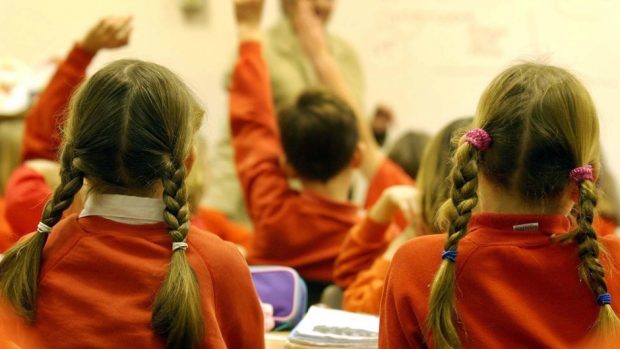Parents have claimed “openness and honesty” must be at the heart of a new anti-bullying policy being developed by Moray Council.
Nearly half the pupils in the region revealed they had been subjected to abuse at some point in a survey last year.
And now, the local authority has pledged to draw up plans to stamp out bullying in playgrounds and classrooms before the end of 2017.
Yesterday, parents backed the commitment by the authority to ensure schools are safe havens for youngsters.
Anne-Marie Sword from Elgin Academy’s parent council said: “My own view is that it’s important to listen to children. I would welcome anything that does that.
“Honesty and openness about it is very important too. It’s very difficult though because it’s not all the time, it can come and go, and sometimes it’s very subtle.”
Elizabeth Watson, chairwoman of Forres Academy’s parent council, said: “I’m surprised the council doesn’t have one already but I know the school already has quite a robust one.
“The problem with bullying is that it often affects vulnerable pupils and if parents go into the school up in arms it can end up making it worse for the child.
“The key is to find an avenue to talk about it in a safe way – I don’t know what that is.”
The response from P4 to S6 pupils last year was the biggest ever received by the council for a survey – 47% out of more than 2,000 pupils revealed they had been bullied at some point.
An equality report prepared by the authority revealed progress had already been made in researching bullying in the region’s schools.
The council’s equal opportunities officer Don Toonen said: “We will hold interviews with those pupils who indicated they would be willing to discuss their experiences in person.
“It’s anticipated that this second phase of the consultation process will continue to raise awareness of bullying and that this may result in an increase in the number of officially reported incidences of bullying in schools.
“As our knowledge and understanding of the issue increases, we will be able to fine tune our reporting mechanisms to ensure that we can differentiate between one-off, repeat and escalating incidences.”
